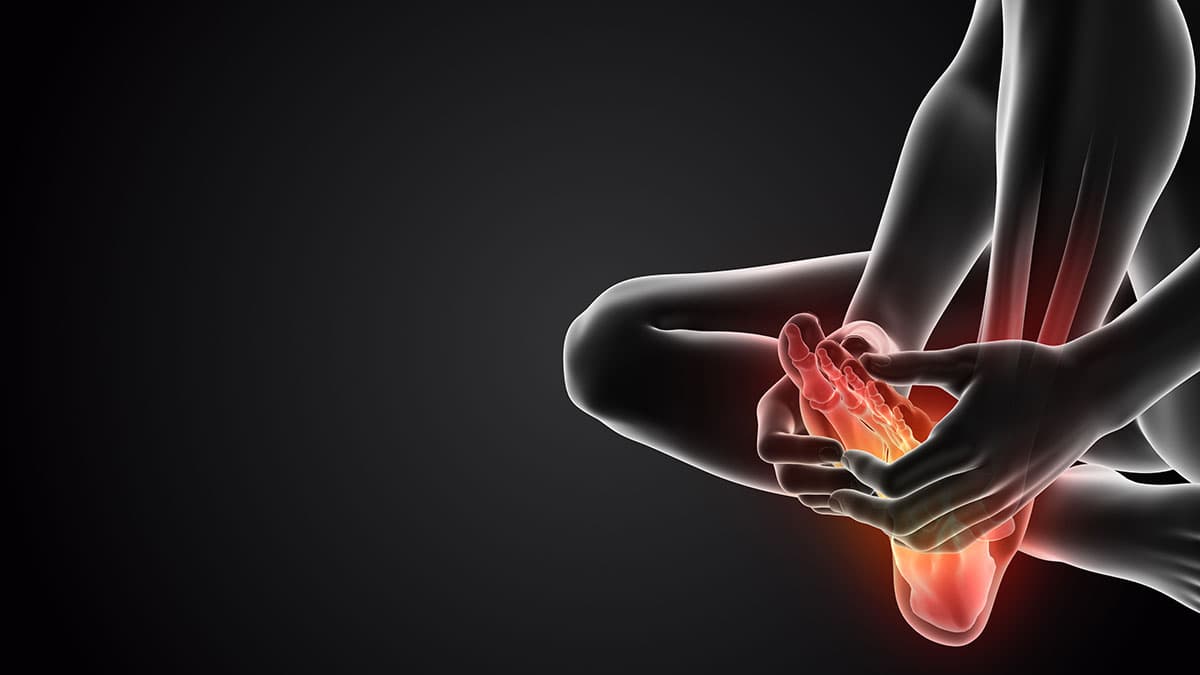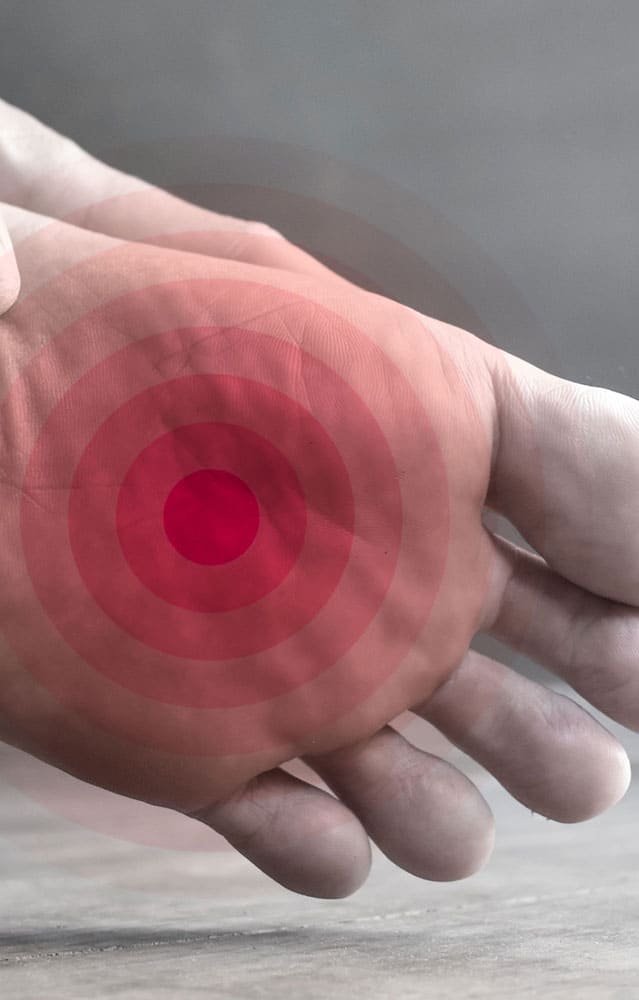Neuropathy
At Kennedy Health, we specialize in providing comprehensive neuropathy care, helping individuals find relief and regain control over their lives. Our skilled medical professionals are dedicated to diagnosing and treating neuropathy, ensuring personalized care and effective management strategies.
Causes and Types of Neuropathy
Diabetes
Diabetic neuropathy is one of the most common types, resulting from high blood sugar levels damaging the nerves over time.
Autoimmune Disorders
Conditions like rheumatoid arthritis, lupus, and Guillain-Barré syndrome can lead to neuropathy by causing inflammation and damage to the nerves.
Infections
Certain infections, such as shingles, Lyme disease, and HIV/AIDS, can damage peripheral nerves and lead to neuropathy.
Toxic Substances
Exposure to toxins, including certain medications (chemotherapy drugs, antiretrovirals), heavy metals, and industrial chemicals, can cause nerve damage.
Cervical Stenosis
Narrowing of the spinal canal in the neck region can put pressure on the spinal cord and nerves, causing neck pain, weakness, and numbness.

Types of Diagnoses and Conditions
Tingling and Numbness
Sensations of tingling, numbness, or loss of feeling in the affected areas, often starting in the hands or feet and gradually spreading.
Muscle Weakness
Weakness or difficulty with coordination and balance, leading to falls or difficulty performing everyday tasks.
Burning or Shooting Pain
Persistent pain that may feel like a burning or shooting sensation, often worse at night.
Sensitivity to Touch
Heightened sensitivity to touch, temperature changes, or pressure, often leading to discomfort or pain.
Treatment Options
Medication Management
Medications such as pain relievers, topical creams, antidepressants, or anticonvulsants may be prescribed to manage pain, reduce inflammation, and improve nerve function.
Nerve Stimulation
Techniques such as transcutaneous electrical nerve stimulation (TENS) or spinal cord stimulation can help alleviate neuropathic pain and improve quality of life.
Physical Therapy
Our experienced physical therapists design personalized exercise programs to improve strength, balance, and coordination, reducing the risk of falls and improving overall function.
Lifestyle Modifications
We provide guidance on adopting a healthy lifestyle, including managing blood sugar levels (in cases of diabetic neuropathy), proper nutrition, regular exercise, and avoiding or minimizing exposure to toxins.
Pain Management Techniques
Our team may recommend complementary therapies, such as acupuncture, massage therapy, or relaxation techniques, to help reduce pain and improve overall well-being.
Peripheral Nerve Surgery
In severe cases where conservative treatments are ineffective, surgical options, such as nerve decompression or transposition, may be considered to relieve pressure on the affected nerves.

Take the first step toward comprehensive neuropathy care. Contact Kennedy Health today to schedule a consultation and explore the treatment options available to help you find relief, regain control, and embrace a pain-free future. Trust our expertise and commitment to your well-being as we guide you on the path to a healthier, more comfortable life with neuropathy.

